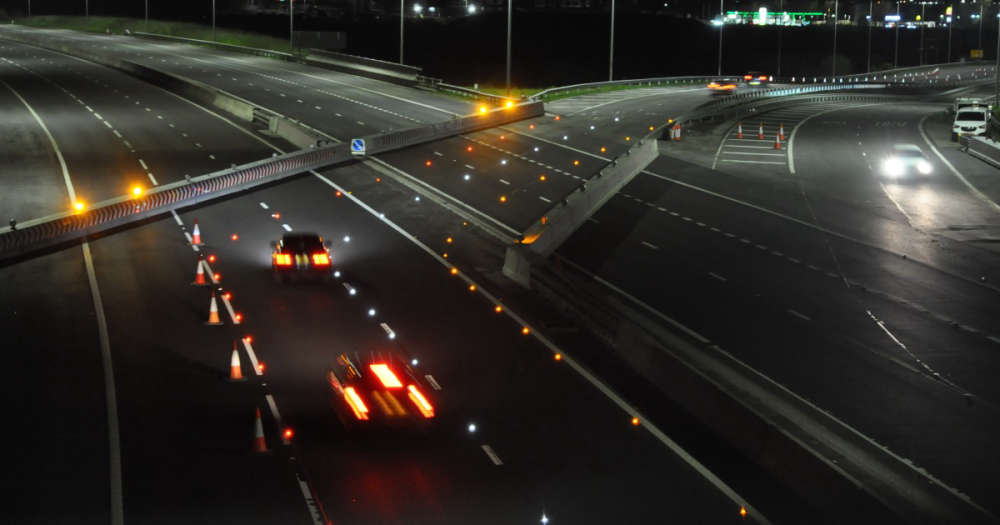
Effective local policing is being delivered to the communities of Fife and the area continues to be a safe place, says HMICS in a report published today.
However it found that morale among officers and police staff has been affected by the swift pace of transition to a single service and highlights the need to establish normal working patterns for senior staff.
The report encourages more local discussion so plans which better reflect communities and council structures and recommends greater involvement by local authorities and community planning partners in agreeing future local policing performance measures.
The HMICS Report, Local Policing + Pilot Inspection of Fife Division, is the first of its kind to be undertaken and will inform the rolling programme under which all 14 local policing divisions of Police Scotland will be inspected to assess their state, effectiveness and efficiency.
This will provide a consistent means of assessing the quality of local policing across Scotland and HMICS will publish reports on how well each Division in Police Scotland is delivering against local priorities and keeping people safe.
At the time of the Fife inspection, there had been a rise in reported crimes and detection rates had fallen slightly but both were still above the national average.
HM Inspector of Constabulary in Scotland, Derek Penman, said: “The Division is led by an experienced team that has a good blend of skills and who are committed to delivering a quality policing service for the people of Fife. It has benefitted from increased access to specialist resources as a result of the introduction of the single service and the Division has some areas of good practice which could be shared across the country. These include their enhanced community engagement model with Fife Council and a campaign where working with the local media returned positive results.
“We were impressed by the local scrutiny provided by elected members from Fife Council over stop and search, which led to the Division taking on a national pilot intended to improve practices across Scotland.
“The Division faces some challenges and we have identified areas for improvement, with the report containing five recommendations for Police Scotland and three for Fife Division.
Some of the recommendations relate to working with partners, local authority and community leaders in the development of the local policing plans which reflect local priorities and providing updates to communities on the progress made.
“The Division faces some challenges and we have identified areas for improvement, with the report containing five recommendations for Police Scotland and three for Fife Division.
Some of the recommendations relate to working with partners, local authority and community leaders in the development of the local policing plans which reflect local priorities and providing updates to communities on the progress made.
In addition, the local police commander should carry out de-briefs following the use of specialist resources, closely monitor annual leave and the need to cancel days off, and as a priority conclude and implement his review of local structures.
Police Scotland is urged to review its staff engagement processes so that employees feel confident to raise issues for discussion, receive feedback and take part in the change process. It is also urged to expedite plans for a staff survey”.
Mr Penman added: “The delivery of local policing was a key element of Police Reform with the stated aims of protecting and improving local service, creating more equal access to specialist support and building on links between police services and their communities. We have therefore taken the opportunity during this inspection to comment on the extent to which these reform objectives are being achieved.
“Effective local policing is fundamental to the success of Scottish policing. It is the part of policing that interacts with the public on a daily basis and is essential in building good relations with persons, localities and communities in Scotland.
“Local scrutiny and engagement are also essential to its success, through the identification and agreement of local priorities and holding the local commander to account for their delivery”.
Police Scotland is urged to review its staff engagement processes so that employees feel confident to raise issues for discussion, receive feedback and take part in the change process. It is also urged to expedite plans for a staff survey”.
Mr Penman added: “The delivery of local policing was a key element of Police Reform with the stated aims of protecting and improving local service, creating more equal access to specialist support and building on links between police services and their communities. We have therefore taken the opportunity during this inspection to comment on the extent to which these reform objectives are being achieved.
“Effective local policing is fundamental to the success of Scottish policing. It is the part of policing that interacts with the public on a daily basis and is essential in building good relations with persons, localities and communities in Scotland.
“Local scrutiny and engagement are also essential to its success, through the identification and agreement of local priorities and holding the local commander to account for their delivery”.


 Closures on A92 from TONIGHT for roadworks
Closures on A92 from TONIGHT for roadworks
 Queensferry Crossing diversion trial a success
Queensferry Crossing diversion trial a success
 ‘Tree in the Park’ festival promotes wellbeing in Dunfermline
‘Tree in the Park’ festival promotes wellbeing in Dunfermline
 11°C
11°C
 14°C
14°C